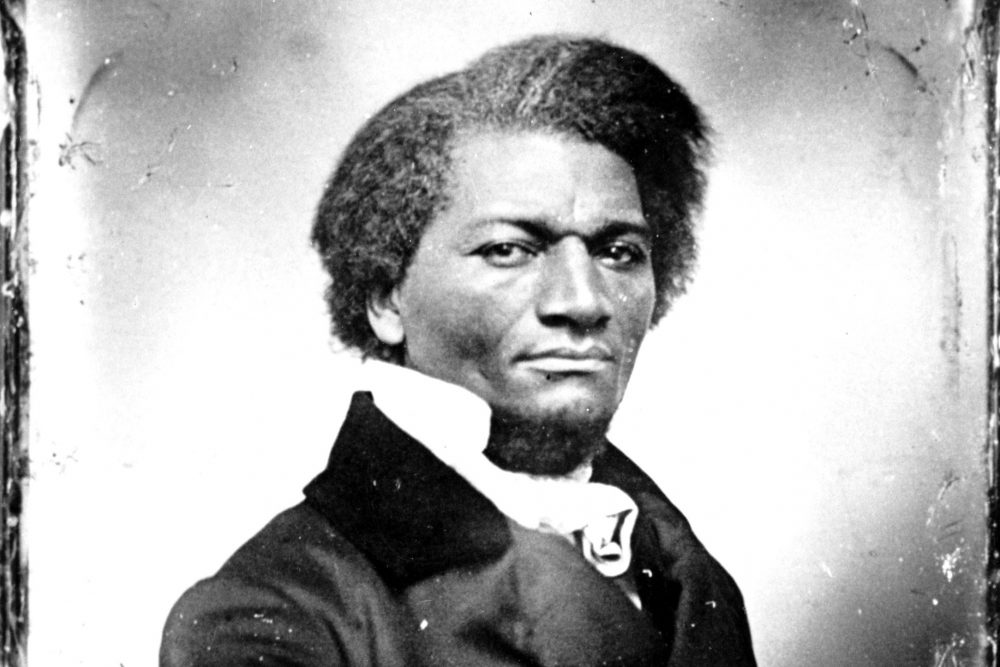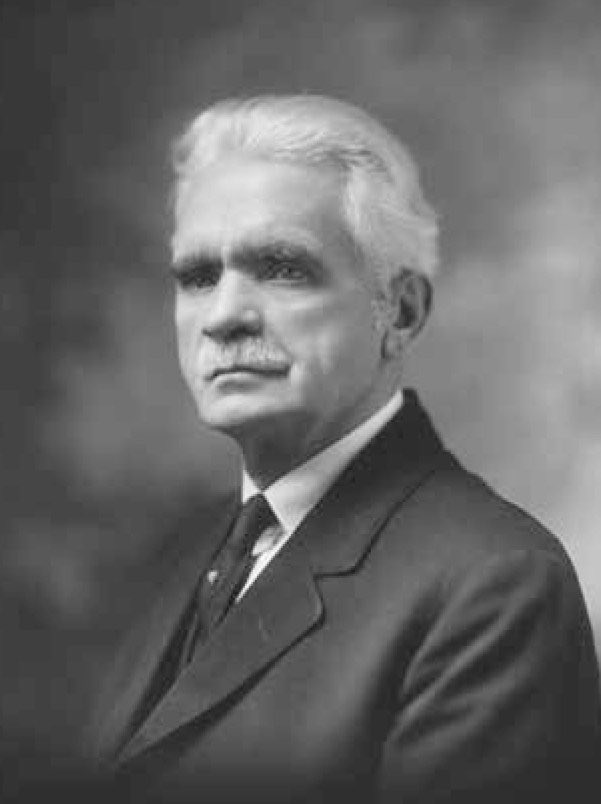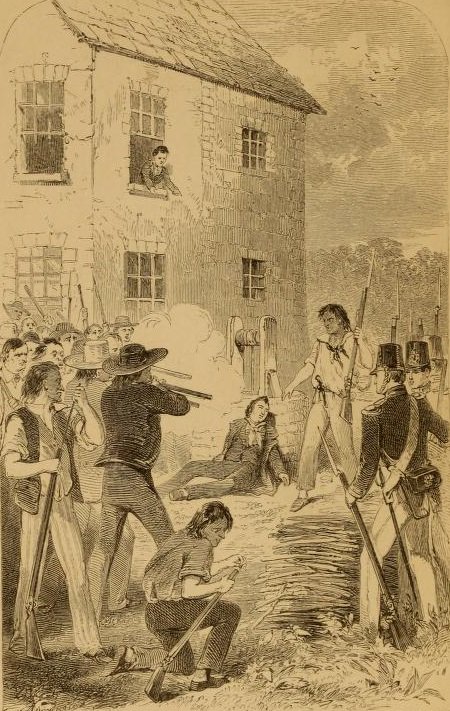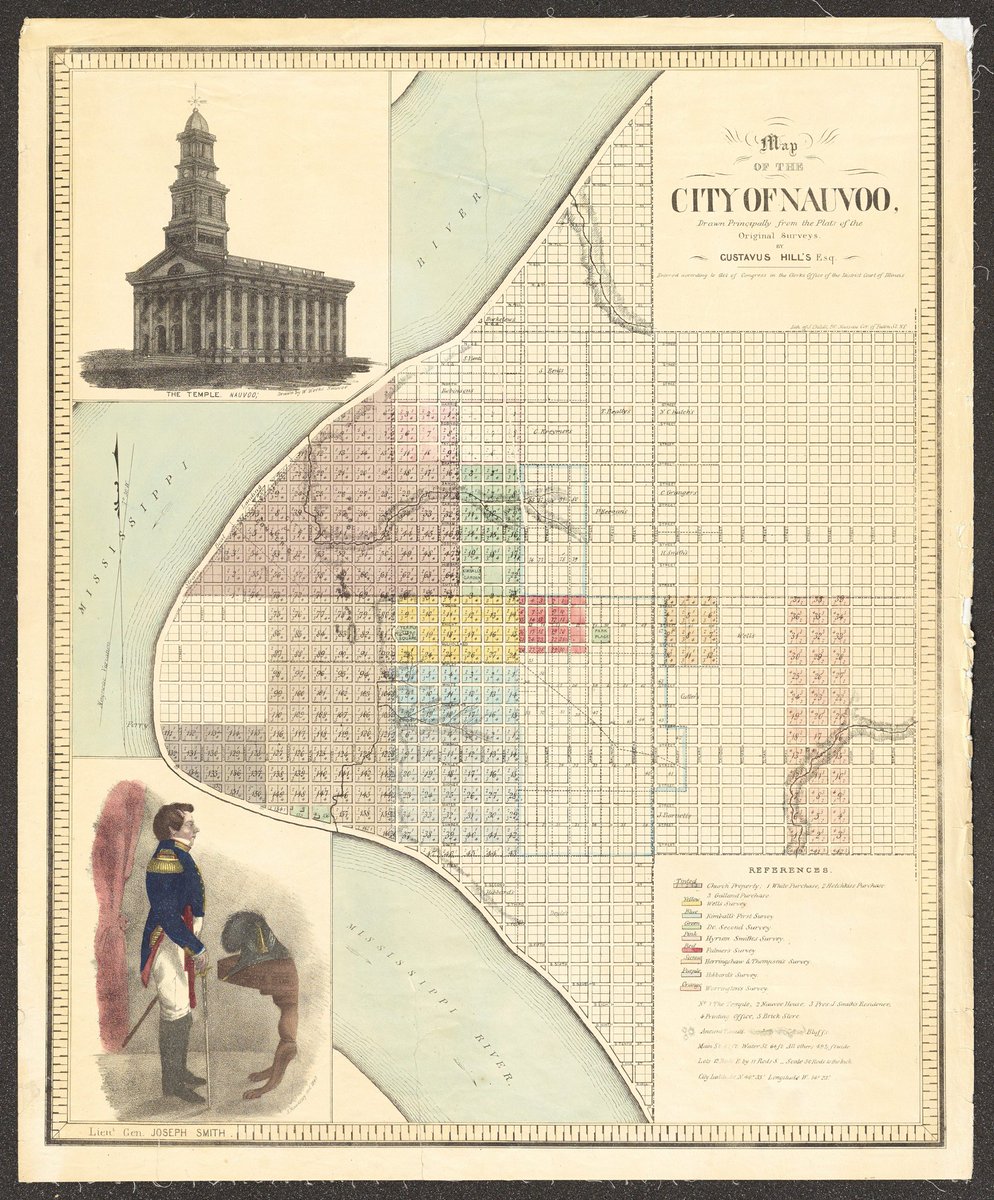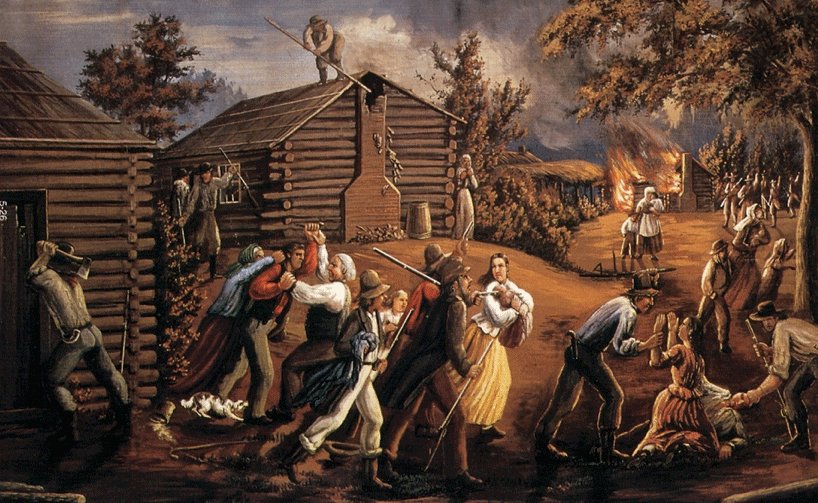
Public health crisis-related #MormonAmerica story time? Public health crisis-related #MormonAmerica story time.
Let's talk about a time when Utahns rejected medical intervention as an infringement on personal rights, resulting in unnecessary suffering and death. /1
Let's talk about a time when Utahns rejected medical intervention as an infringement on personal rights, resulting in unnecessary suffering and death. /1
Around 1900, smallpox, a scourge that had troubled civilizations for centuries, was becoming more containable. Crude vaccines had been around for generations, but in the 1890s scientific advances made them more reliable and available, resulting in state mandates. /2
Like many states, Utah debated whether they should require vaccination. Some LDS leaders supported the measure, while others opposed. As a result of this division, and because they wanted to appear separate from the state, however, the church decided to mostly remain silent. /3
In absence of a clear statement, Charles Penrose, editor of the Deseret News (& later apostle), vociferously argued that mandatory vaccines were an "encroachment" upon "personal liberty." Local & national politicians then wrongly assumed this was the church's official stance. /4
Penrose also posited that the vaccines were based on "false" science, that the mandate was part of a partisan agenda, and that this was merely the first step to rolling back cherished freedoms. The vaccine became a pawn in a larger political battle. /5
Though Penrose's position was likely held by a minority of church leaders, it was invoked as support when the state legislature passed a bill that prohibited compulsory vaccines. Then, when Governor Heber Wells, also a Mormon, vetoed the bill, the legislature overrode him. /6
There were consequences. The year they prohibited the mandate, Utah had 4,000 smallpox cases & 26 deaths.
After two more decades of tragedy, the church finally spoke in favor of requiring vaccination in 1921, joining a movement that finally repealed the prohibition in 1933. /7
After two more decades of tragedy, the church finally spoke in favor of requiring vaccination in 1921, joining a movement that finally repealed the prohibition in 1933. /7
Reading the arguments from 1899-1900--vaccines are based on false science! individual liberty takes precedence! it's all politics! faith and devotion is all one needs!--is a reminder that today's opposition to mask mandates is part of a longer history. /7
Further, while the church's decision to not be involved made sense given (they were just a few years removed from giving up key political functions in order for Utah to finally achieve statehood), it provided air for the dangerous flames of misinformation to grow. /8
Since then, the church has concluded that, following general cultural expectations in America, they can jump in on what they deem "moral issues." Public health, unfortunately, has rarely fit that category, even in today's pandemic. (Some regional instructions aside.) /9
I fear that, in the absence of a direct statement from church authorities, many Mormons will continue to listen to the Penroses of today who frame things like mask mandates & social distancing measures--and likely next year's vaccines--in terms of liberty rather than health. /10
To say the LDS church--or any church, for that matter--is "political" or "apolitical" often misses the point. They are political on topics they seem necessary, and apolitical on those they don't. And lots in-between.
It's just a shame when real lives are at stake. /fin
It's just a shame when real lives are at stake. /fin
• • •
Missing some Tweet in this thread? You can try to
force a refresh

